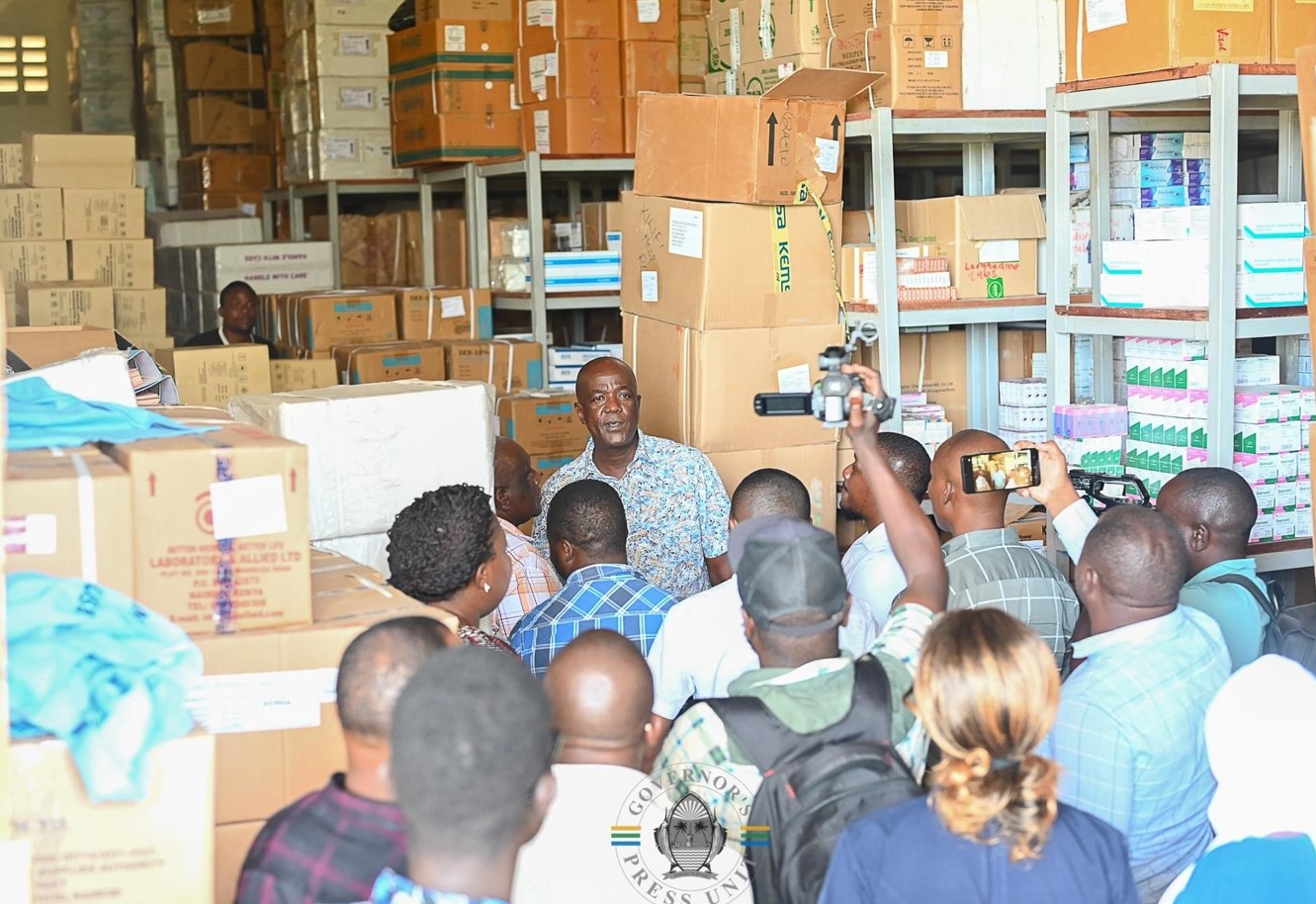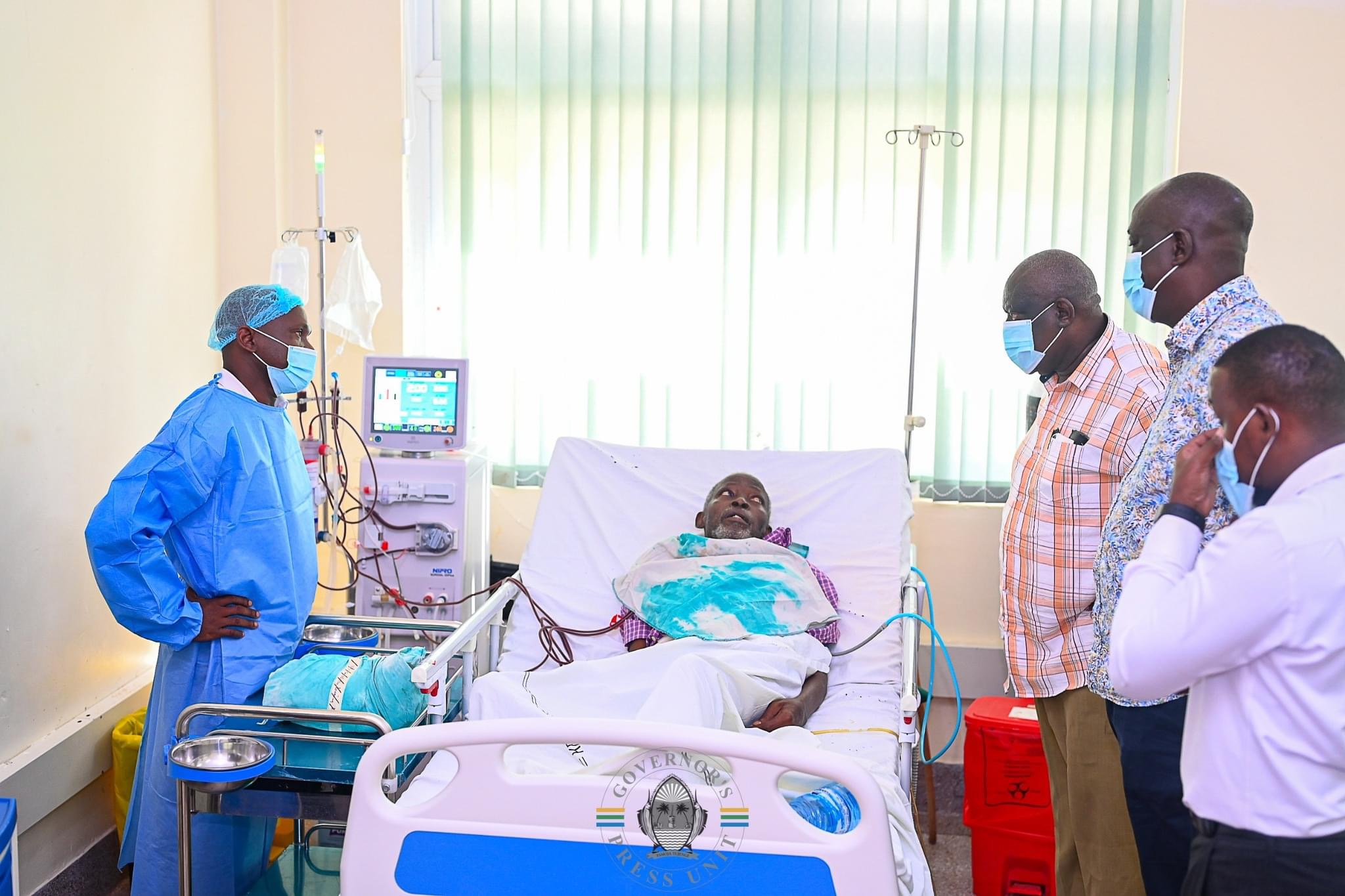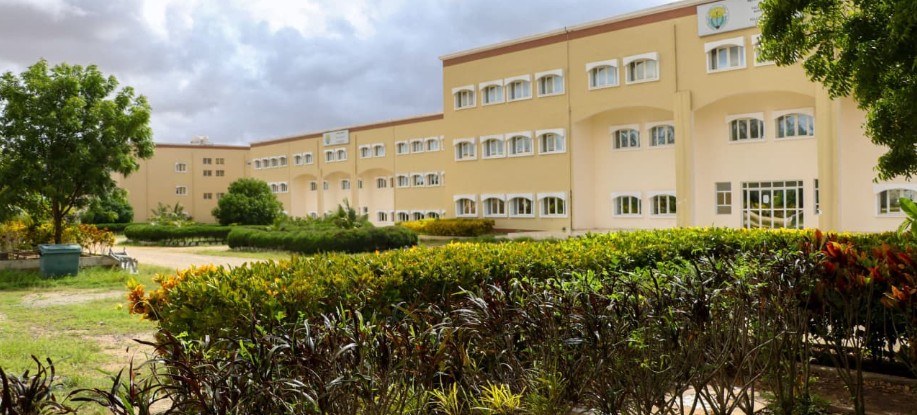Kilifi County introduces strict surveillance measures to curb theft of medicines

The county has implemented a code alert system to track all vehicles transporting medicines to dispensaries.
Kilifi County has introduced stringent measures to curb the rampant theft of medical supplies. Governor Gideon Mung’aro announced that any individual caught stealing medicines would be immediately terminated from their position, circumventing the previous cycle of arrest and bond releases that allowed offenders to return to work.
“Our medicines are supplied by KEMSA. However, in emergencies, doctors have been instructed to purchase medicines from local chemists instead of waiting for KEMSA. If the required items are not available there and are urgent, they should be bought locally, even from wholesalers in Mombasa,” stated Governor Mung’aro.
More To Read
- Landmark report reveals widespread abuse, killings of older persons in Kilifi
- Gavi to channel vaccine funds directly to Kenya in major policy shift
- Kilifi governor urges owners of long-closed hotels to sell them as county pushes for tourism revival
- Third Kilifi health forum opens with urgent calls for financing, digital solutions
- Out-of-pocket medicine costs surge amid drug shortages in Kenya
- Senate targets KEMSA in plan to turn devolved institutions into executive agencies
To enhance the prevention of theft, the county has implemented a code alert system to track all vehicles transporting medicines to dispensaries. This system triggers an alert if any discrepancies occur, ensuring immediate accountability.
“The system KEMSA used was that medicines were sent from Nairobi to the dispensary in need. I want to stop that. All medicines will be tracked with a special code on the vehicle. If the vehicle is tampered with en route, it will send us a message, stopping the problem of medicine theft,” he explained.
“The people we caught and handed over to the police were released by the court. But from now on, anyone caught with stolen medicines will be fired. We will meet in court while they are at home, not while they are still working.”
Dialysis machines headache
The governor made the remarks at the Kilifi County Referral Hospital on Monday, where he was addressing concerns about the lack of dialysis machines, which had previously caused distress among patients.
 Kilifi County Governor Gideon Mung’aro when he visited dialysis patients at the Kilifi County Referral Hospital. (Photo: Kilifi County Press)
Kilifi County Governor Gideon Mung’aro when he visited dialysis patients at the Kilifi County Referral Hospital. (Photo: Kilifi County Press)
“We were checking, and the good thing is that I found the client who was complaining that dialysis wasn’t working. I heard there was a broken water pump, but it’s being repaired. We purify the water for dialysis and don’t use tap water, so the broken pump caused the crisis. But now, everything is working in both Malindi and Kilifi County Referral Hospitals,” he explained.
In response to the dialysis machine issue, Governor Mung’aro assured that the situation had been rectified and promised future improvements.
“To the dialysis patients who faced issues, we apologise for the mistake. It was a water problem, which has now been fixed. We will have a backup to ensure that future disruptions are minimised.”
He also announced plans to increase the number of dialysis beds, stating, “We are trying to find the space where we will add more beds in the next 90 days. So we will have 14 beds in Kilifi Hospital and will also add more in Malindi. We have many patients needing kidney dialysis, and we need more facilities.”
Governor Mung’aro highlighted that the additional dialysis machines were acquired through the Hungarian Embassy’s support, emphasising that no county funds were used. “When I came to this county, there was only one dialysis bed, which was bought by the previous government,” he noted.
Top Stories Today















































